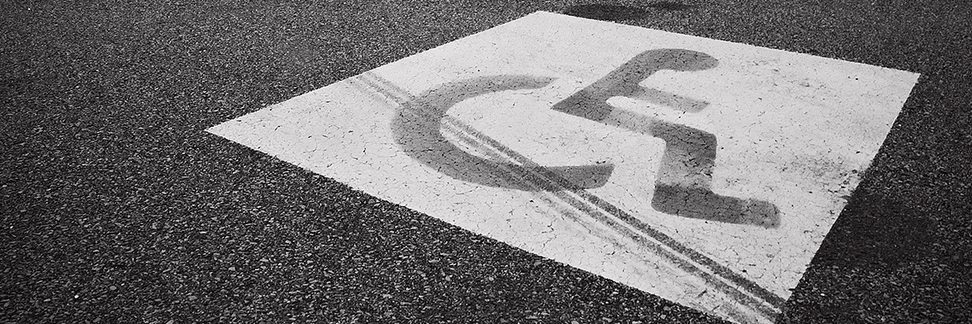Representing Disabilities
[dropcap]T[/dropcap]he representation of disability in films and TV follows a very repetitive pattern of someone either in a wheelchair, a cancer survivor or some form of mental disorder – often misrepresented as crazy or dangerous. Of course, this isn’t to say that we shouldn’t be portraying persons with these more commonly shown disabilities, it’s just that it’s a relief to see the attention finally given where it’s needed more.
For someone who lived with unknown illnesses, seeing the media attention on a disease that is relatively unknown is a gift. There is a unique pain that comes from having a disease that no one has heard of unless you are directly affected, and regardless of who plays the role, the simple act of representation is incredibly powerful.
With this in mind, Eddie Redmayne’s portrayal of Stephen Hawking in The Theory of Everything is something to be celebrated.
There are issues about accessibility into acting and ‘crippling up’, but we cannot let the debate overshadow the simple fact that representation makes for understanding, and understanding makes for the removal of stigma.
When general society recognises your disease, life can get a lot easier for you, and that is far more important to me than whether an actor has experienced the disease they portray.
As someone with a genetic history of Huntington’s Disease, I was not upset when Walter White mentioned his own experiences with the disease in Breaking Bad. In fact, I was ecstatic. I could finally use something in popular culture to explain the disease that left me an orphan at the age of eleven. I wasn’t upset that Bryan Cranston didn’t go through having a parent with Huntington’s, I was just happy that finally, I had a popular culture reference to explain my family’s illness.
Publicity is a wonderful thing for charities, as the Ice Bucket challenge proved. Over $100 million was raised, and awareness spiked over the summer of Motor Neurone Disease. If that’s what good publicity can do, imagine what else could be done if Hollywood and society remembered that disability is more than being in a wheelchair or being blind.
Representation of disabilities, particularly unknown ones, is a huge step towards ending the prejudices that sufferers face, making their lives easier and getting funding for research. When it comes to ‘crippling up’ I think we’re missing the bigger issues and successes.
[divider]
Photo: flickr/anjan58

Comments